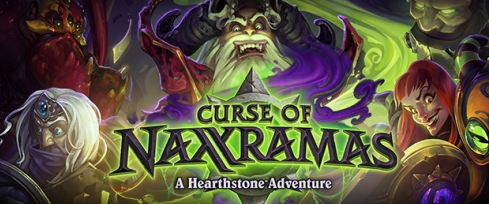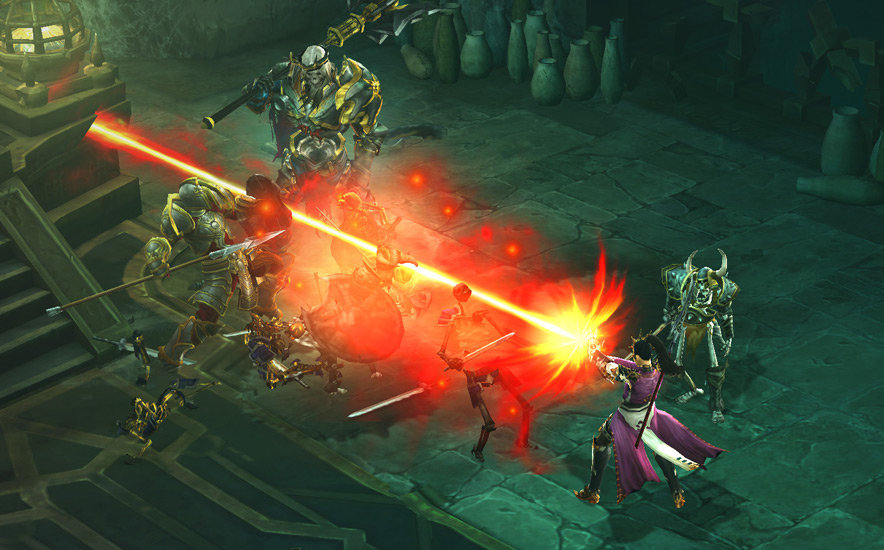Phil Fish is struggling under the burden of criticism and the malicious conduct of the gaming community. The indie creator who was responsible for the puzzle game Fez, which was created and released after a string of unfortunate and strenuous circumstances, has raised quite a commotion within the gaming industry and community alike when he announced the cancellation of the Fez sequel, set his Twitter to private, and swore his departure from the industry altogether. This final outburst, along with a sequence of ranting Twitter posts beforehand, came after what Fish described as a “long, bloody campaign” perpetrated by criticizers of Fish and trolls that critiqued his work and character. This is only the most recent example of the gaming community’s tendency to resort to personal attacks and unabashed hatred for differing opinions and the toll it can take on those who pursue the industry professionally.
However, these conditions that Fish described as having plagued him is, unfortunately, often the norm for women, particularly professional women, in the industry. The backlash he’s received is even potentially less harmful as compared to what some gaming women face, for the sheer fact that they’re women or take a feminist angle to their work. Fish, as a designer in an expanding but still daunting indie game market, undoubtedly labored both physically and mentally in his quest to publish his game, a goal both personal and professional in nature. This is often the same goal that we, and other women in the industry both in the production and journalistic sectors, try to achieve: turning our own personal passions into our careers, pouring effort and work into something productive, entertaining, and perhaps even enlightening. This attachment makes online attacks so disheartening professionally, particularly when they turn into personal or bias-driven attacks, and it is in this domain that the ugliest part of the gaming community dwells.
There is no question that Phil Fish had, on some level, his character attacked, and by no means should anyone be put through that ridicule. But we could argue that his own actions and attitude were far from befitting a professional, that he frequently employed the very rhetoric he chastised others for (such as insulting all Japanese game developers and even telling one of his criticizers to kill themselves) and that because of this he brought some of this critique upon himself. But even still, while some commenters have resorted to saying lines like “well Fez wasn’t that great anyway,” for the most part the quality of his work hasn’t been called into question.
Many women writers and designers, on the other hand, can receive an untold amount of criticism that is fueled by gender. This includes anything from death or rape threats to comments about not belonging in the industry to an automatic dismissal or degradation of the quality of their work. For example, two popular and well-known cases include the internet-wide war waged on Anita Sarkeesian and the general negativity that seems to arise whenever Kotaku writer Patricia Hernandez publishes an article. Sarkeesian, a video blogger who runs the series “Feminist Frequency” which addresses feminist-related issues in popular culture, is the creator of a series of videos examining common tropes or plot-elements that female characters in video games are placed within. Protest begun immediately within the gaming community, and she has since received numerous threats to her well being, including many specific and threatening rape threats. Likewise, Patricia Henandez, who is known for bringing up some of the more “controversial” (see: feminism, racial discrimination, etc.) topics on Kotaku, is repeatedly criticized for her opinions, to the extent that further articles on unrelated topics are disparaged as well. While there are certainly comments that raise valid or well thought-out concerns regarding the content of both of these authors, the vast majority involve a direct bringing in of gender, which eclipses any criticism that may be actually relevant to the piece of work.
Furthermore, these comments do not only affect the women they are initially directed to – rather, they serve as a deterrent for any women who wants voice concerns or dissent she has for the industry or community or even from raising controversial topics. The threat of aggressive and relentless dissenters and trolls that can hide in the mask of anonymity are intimidating and definitely a deterrent towards really trying to express your true opinion. That isn’t even mentioning any measure of comfortability working in said environment as well. Though a certain level of backlash is to be, unfortunately, expected, such hostility can be a huge barrier. So while Phil Fish struggles against criticism directed towards him personally and professionally, women in the industry, particularly those that identify as feminist or broadcast feminist themes, run the risk of being harassed as a result of “women gtfo” attitudes.
While I definitely believe that, in general, the gaming community can be a harsh, unforgiving, and judgmental forum for anyone who chooses to put their work on public display, I argue that women in the industry face criticism that centers on gender, adding an important and perhaps even more detrimental element than Phil Fish, for instance, faces. This gender discrimination combined with an already tremulous reception encountered by many if not most industry professionals and nonprofessionals alike creates a malicious mixture that contributes to the wall that may bar women from entering the industry.





2 thoughts on “The Comment Block: Gender-Centered Criticism in Gaming Critique”